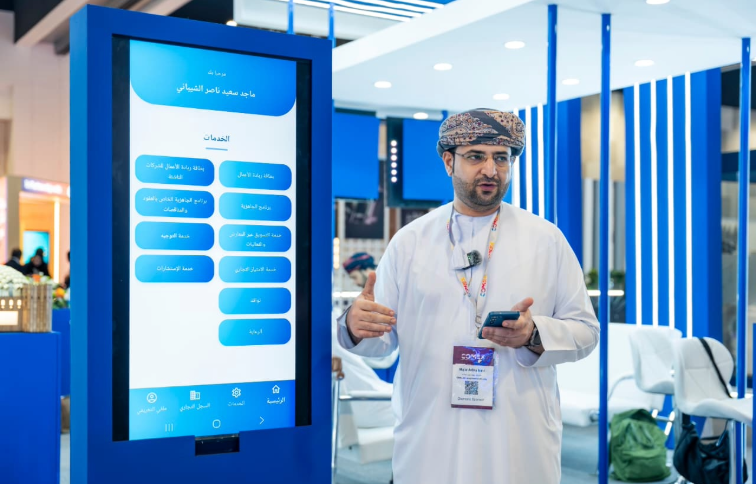MUSCAT : According to the Ministry, 25 of the 36 planned projects and initiatives under the Tahawul program have been fully completed, while 11 others are in progress, reaching an average completion rate of 80 percent. These projects form part of the government’s ambitious efforts to simplify procedures, enhance user experience, and strengthen digital governance.
Among the completed projects are the Unified Portal for Government Services and its mobile app, providing citizens and residents a single digital gateway for accessing public services. Other key accomplishments include the National Open Data Platform, which boosts transparency and innovation, and the National Trust Digital Services Project (Thiqa), offering secure digital authentication tools such as digital identity, electronic signatures, and seals.
The Ministry also highlighted the completion of the Government Services Procedures Simplification and Engineering Project, the National Records Center, and the Governorate Ambassadors Digital Transformation Initiative, which aims to build digital awareness and empower local communities. Additional initiatives such as developing a central platform for smart chat, mobile and smart government applications, and a digital content strategy for the unified portal were also finalized.
Read More
- Oman Vision 2040 unit to release fourth progress report on national goals next week
- Duqm Economic Forum 2025 to power Oman’s future with AI, green industries, and tourism innovation
- Reforms, stability and Vision 2040 propel Oman’s investment momentum
- An emotional homecoming: Thousands greet Kerala CM Pinarayi Vijayan in Muscat
- Oman unveils ‘Meteorite Corner’ in Duqm, showcasing the Sultanate’s celestial heritage
Eng. Abdulaziz bin Abdulrahman Al Kharousi, Director General of Digital Transformation and Sector Empowerment at MoTCIT, described the completion as “a pivotal milestone in Oman’s digital transformation journey,” emphasizing that the Tahawul program continues to drive a “qualitative shift in the beneficiary experience” while enhancing the efficiency of government performance.
He noted that the program has already simplified 381 shared services through Manjam Laboratories, designed 16 integrated beneficiary journeys, and digitized 74 percent of priority government services. Between January and May 2025, more than 11.4 million digital transactions were processed across 48 government entities, demonstrating the growing adoption of digital platforms nationwide.
In line with the country’s decentralization efforts, the program has strengthened the digital infrastructure of all governorates and introduced innovative projects such as AI-powered smart inspection glasses, IoT-based smart lighting systems, and AI drone monitoring for infrastructure projects. Other notable innovations include the smart hat project to improve municipal services and the AI-powered slaughterhouse monitoring system in Al Dhahirah.
Eng. Al Kharousi also revealed that a comprehensive suite of regulatory frameworks and guidelines has been introduced to sustain the momentum of transformation. These include the Government Digital Transformation Regulations, National Data Governance Framework, Digital User Experience Guide, and the AI Ethics Policy, among others.
He affirmed that Tahawul remains a cornerstone of Oman’s digital future, focused on innovation, flexibility, and sustainability. “This program reinforces the Sultanate’s position as a leading destination in the global digital economy,” he said, adding that it reflects Oman’s unwavering commitment to modernization, efficiency, and inclusive digital growth.
For all the latest news from Oman and GCC, follow us on Twitter, Instagram and LinkedIn, like us on Facebook and subscribe to our YouTube page, which is updated daily.







